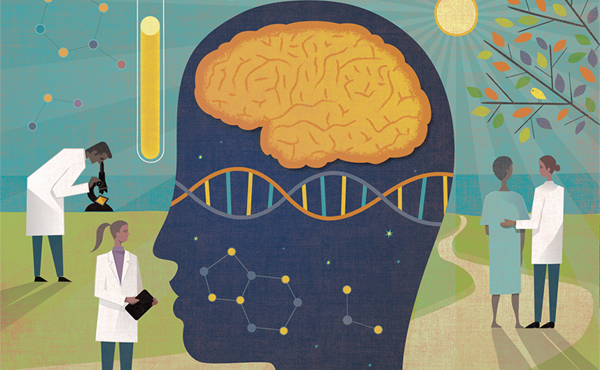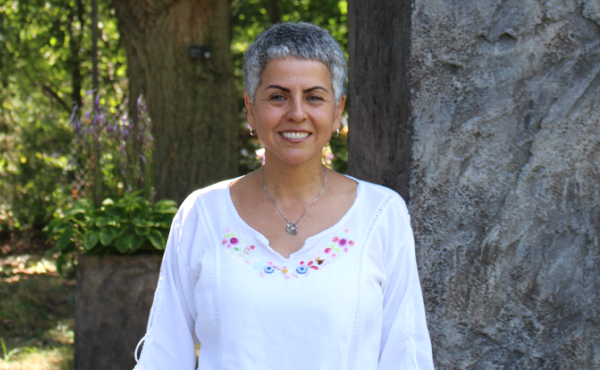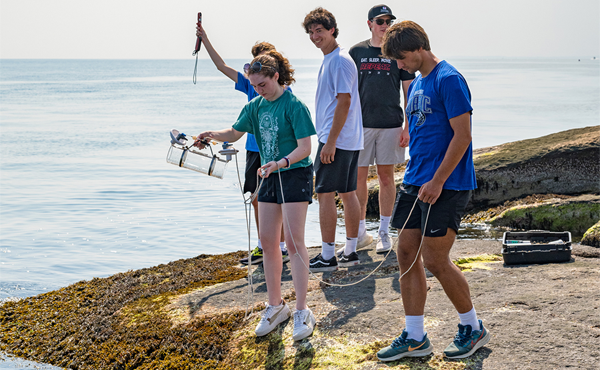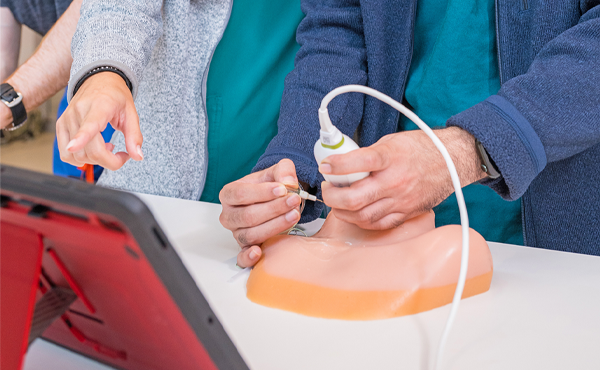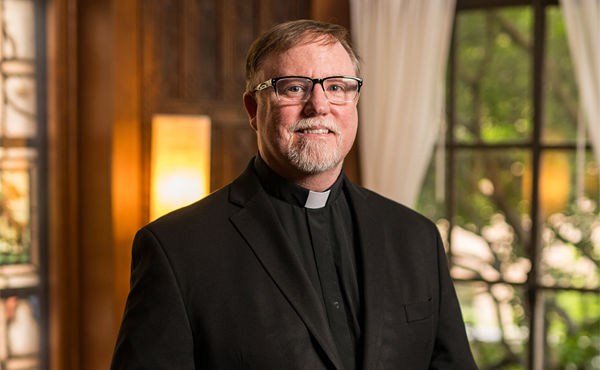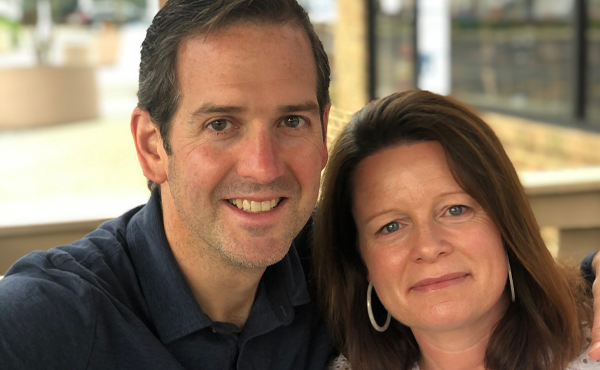The Department of Psychological and Brain Sciences is preparing the next generation of leaders, scientists, and scholars.
Cura personalis profoundly influenced my research ideas and ethos as a neuroscientist. It emphasized not only academic excellence but also ethical responsibility, compassion, and a commitment to serving others through research.
— Christina Maher ’20
Drawn to the study of mind and behavior, Christina Maher ’20 chose to major in psychology at Fairfield University, but was unsure of where her degree could take her.
Maher was far from alone in her choice of academic path — psychology is traditionally the largest undergraduate major in the College of Arts and Sciences. Currently, the Department of Psychological and Brain Sciences is home to 455 students majoring in psychology, behavioral neuroscience, or psych with a concentration in behavioral neuroscience. Additionally, drawing students from across the University’s four undergraduate schools, there are 84 minors in psychology or behavioral neuroscience.
Behavioral neuroscience is a relatively new minor/major — introduced in 2018, the program has exceeded all expectations for growth, almost doubling the projected number of students from five years ago.
Fairfield’s flourishing psychology and brain sciences programs host a state-of-the art neuroscience EEG lab, an animal facility, and labs in clinical, cognitive, developmental, and social psychology. As an undergraduate with access to all of these offerings, Maher said she was “inspired to explore new topics, which laid the foundation for my interests as a neuroscientist.”
In her senior year, Maher participated in faculty-mentored undergraduate research that examined social cognition deficits in individuals with borderline personality disorder and with experiences of childhood trauma.
Maher and her fellow researchers presented their work at the annual meeting of the Eastern Psychological Association in the spring of 2020 — an experience, she said, “that prepared me immensely for graduate school and beyond.”
Around 25 psychology and behavioral neuroscience majors participate in this type of faculty-mentored undergraduate research or independent theses annually. “There are ample opportunities for students to get hands on research experience, working side by side with a faculty mentor,” said professor and former department chair, Linda Henkel, PhD. “They can take courses in supervised research, and then develop their own research that they run, analyze, write, and report in independent research. We take our responsibilities in serving as research mentors to students very seriously — and we excel at it.”
Case in point: professor and current department chair Shannon Harding, PhD, was recently recognized with the Mary S. Erksine Award from the Northeast Under/graduate Research Organization for Neuroscience, for her scholarship and substantial contributions to the mentorship of students.
This culture of mentorship reflects well on student outcomes, with many program graduates, including Maher, being accepted to top doctoral programs, medical schools, law schools, and graduate programs.
Upon graduating from Fairfield, Maher moved to England to complete her master’s degree in cognitive neuroscience at University College London, before returning stateside to begin the highly selective neuroscience PhD program at the Icahn School of Medicine at Mount Sinai in New York City. She credits the personalized instruction and one-on one attention she received from Fairfield’s psychological and brain sciences faculty members for her discernment of a career in neuroscience. “These interactions not only fueled my curiosity but also honed my critical thinking and analytical skills,” she said, “which are indispensable in graduate school, scientific research, and beyond.”
Research Opportunities
In addition to research opportunities, the Department of Psychological and Brain Sciences boasts a robust internship program, including long-standing placements with community organizations such as Hall Neighborhood House, which provides comprehensive services that educate, enrich, and empower residents of Bridgeport, Connecticut. Maher found that the internship opportunities, whether in lab placements or community-based initiatives, “equipped me with practical, transferable skills that complemented my academic learning.”
Dedicated study abroad opportunities also abound. Every other summer, Dr. Harding accompanies students to Galway, Ireland, for a faculty-led study abroad experience. Maher, in her junior year, participated in the department’s unique partnership with Global Fairfield, allowing her to complete a clinical internship while studying abroad in London.
Outside the classroom, extracurricular activities with a social conscience are also popular with psych majors. The department’s student-run Psychology Club was recently bestowed the Culture of Hope Award from the American Society for Suicide Prevention, for its success in raising more than $100,000 over the last five years for suicide prevention efforts.
Maher sees her transformative experience in Fairfield’s Department of Psychological and Brain Sciences as a reflection of the University’s commitment to cura personalis, or care for the whole person. “Cura personalis profoundly influenced my research ideas and ethos as a neuroscientist,” she said. “It emphasized not only academic excellence but also ethical responsibility, compassion, and a commitment to serving others through research. This holistic approach inspired me to pursue research questions that address societal challenges and contribute positively to the scientific community.”
Assistant Professor Amanda Haber, PhD, who joined the department last fall, agrees. “As a new faculty member, I have been so impressed with the time and attention provided to each student as they grow and progress along their academic path. Our faculty has such a diverse range of research interests, but what really sets our department apart is the passion faculty members share for mentoring students in the classroom and in their research labs,” she noted. “I know that the work we are doing here is preparing the next generation of leaders, scientists, and scholars who will make a long-lasting impact on the world.”
